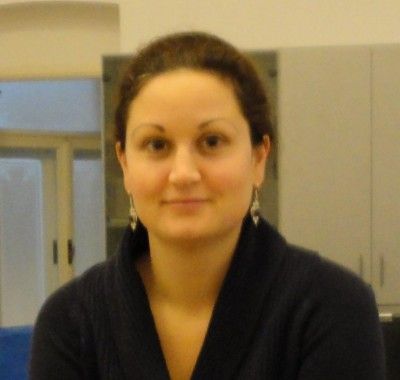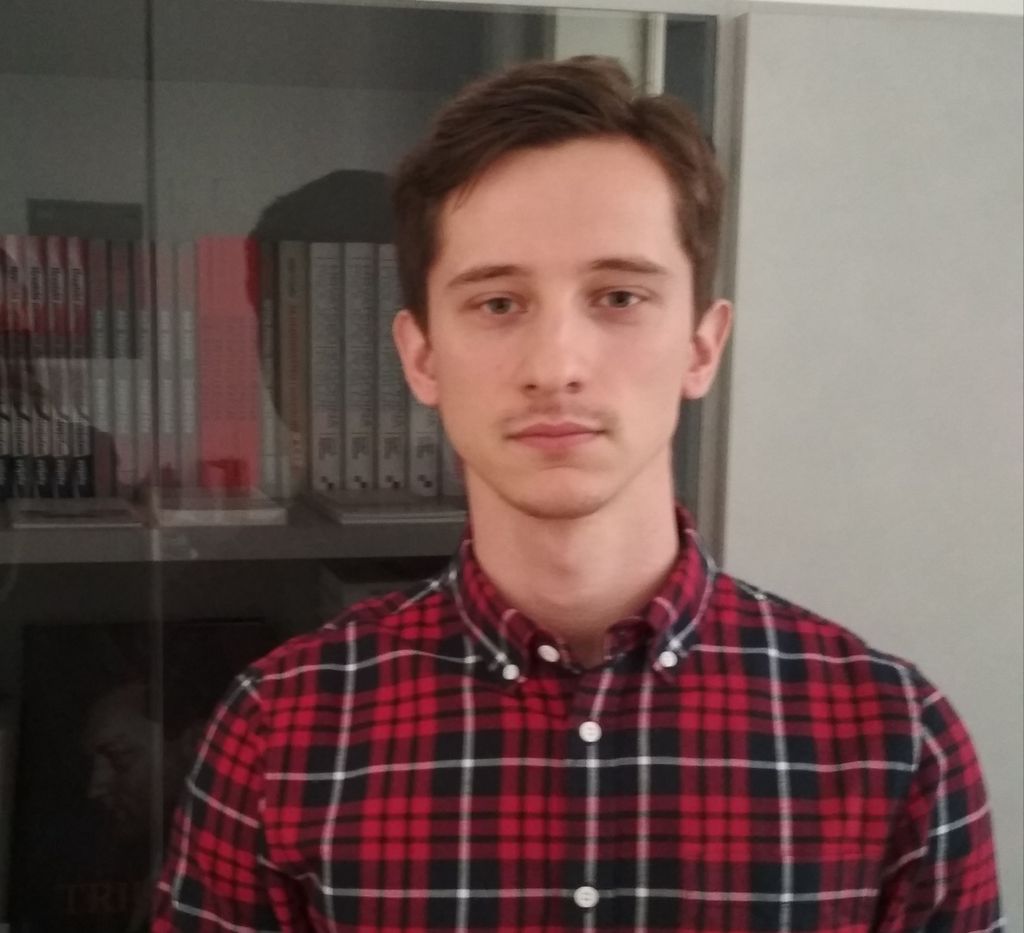From ambition to action: building Europe’s Defence Union
Past event In person

- Area of Expertise
- Peace, Security & Defence
Peace, Security & Defence

Executive Director of Center for Democracy and Law Miko Tripalo

Scientific Council Vice-President at the Center for Democracy and Law Miko Tripalo

Center for Democracy and Law Miko Tripalo
After Croatia joined the European Union in 2013, Jean-Claude Juncker, then-president of the European Commission, expressed doubts that the EU would expand during his mandate. However, the recent European Parliament elections and the arrival of a new college of Commissioners could have changed the equation. For a while, it seemed as though the EU was ready to take concrete steps in the direction of enlargement in the Western Balkans.
This impression shifted dramatically in mid-October as French President Emmanuel Macron spearheaded the rejection of Albania and North Macedonia formally opening negotiations on EU membership. This move sent a signal to aspiring candidate countries and the rest of the world that the EU is neither reliable nor serious about the enlargement process.
On the one hand, the political, economic, and social problems in Western Balkan countries are real and remain to be addressed primarily by their own governments. On the other hand, however, EU member states have recognised that progress has been made on many of the reforms and benchmarks outlined by the EU for Western Balkan countries. The issues impeding the enlargement process run deeper than fulfilling membership criteria and strengthening institutional frameworks.
In recent years, some member states have not been living up to these values and principles
The most obvious question of the enlargement process is, of course: can Western Balkan countries fulfil the formal criteria? However, there is a more complicated question the EU should be asking itself: what can the enlargement process do to safeguard and promote the core European values upon which the EU is built? Moreover, what is the relationship of member states to these very values that they espouse? The answer to these questions puts both the old and the new(er) member states on the spot, alongside the aspiring candidate countries.
Key values defined in Article 2 of the Treaty on European Union – human dignity, freedom, democracy, equality, the rule of law and respect for human rights – were meant to serve as the cornerstone of decisions and actions undertaken by the EU and its member states. However, in recent years, some member states have not been living up to these values and principles. While in theory, member states took on the obligation to uphold European values, in practice, the state of adherence to these values is far more complex. This is particularly reflected in the discussions and decisions surrounding the enlargement process.
From the perspective of Croatia, the questions posed earlier can be restated: what role can Croatia play in the enlargement processes? Can the Western Balkan countries learn something from the past six years of Croatian membership in the EU? The answers remain ambiguous at best. The conditionality principle in the Croatian accession process ensured that all formal criteria were fulfilled but questions of whether the values underpinning the process have taken root is still unresolved, especially from the perspective of Croatian civil society.
The EU is sending a message that transgressions of member states against fundamental values are more or less tacitly accepted
Civil society actors feel that there is a need in Croatia to address European values on a greater and systemic level, notably in education, the public sphere, and the media, now that the country is a member of the EU. The loss of the stick aspect of the carrot-and-stick approach of the EU’s conditionality principle meant that political actors in Croatia could fly in the face of policies based on common European values without fear of repercussions.
Croatia is not alone in doing this as ‘older’ member states have done it as well. The EU and its member states were meant to safeguard and defend the common values of freedom, equality, democracy, and the respect for human rights in all their policies and processes, including enlargement. The EU’s recent refusal to begin formal accession negotiations with North Macedonia and Albania first and foremost demonstrated that enlargement is effectively being decided by – in this case – Paris, Berlin, and other member states’ capitals, not by EU institutions in adherence to common principles and values.
Moreover, this recent development has made it apparent that enlargement is at the mercy of political infighting, in this case between Berlin and Paris. It also leaves a lasting impression that certain member states would prefer the enlargement process in the Western Balkans drag on for a very long time, if not indefinitely. In other words, the EU is sending a message that transgressions of member states against fundamental values are more or less tacitly accepted, while similar actions committed by potential candidate countries are disqualifying.
The new Commission will need to rethink enlargement policy and the Europeanisation process if we want to safeguard fundamental values
Countries wishing to join the EU should do everything in their power to internalise common European values, not merely pay them lip service. They need to show why these values are important and need to ask themselves if we can have active and responsible European citizens without them. The answers point toward a resolute ‘no’.
A recent study of young people between the ages of 17 and 30 in Croatia, conducted by the Centre for Democracy and Law Miko Tripalo, has shown that 44% do not believe they can influence the decision-making process in the EU at all, while 43% said that their influence is almost insignificant. Moreover, 80% of young people said that Croatian accession to the EU has not changed their level of political or social participation for the better. Perhaps the most important revelation in the study was that young people perceive the EU almost exclusively through an economic lens, as an opportunity for better employment, higher standards of living, and a chance to leave Croatia in search of a better life. They do not consider European values to be important in that regard.
In the enlargement process, the EU has to find a way to reconcile technical and institutional framework requirements with the promotion of values such as democracy, freedom, solidarity, and the rule of law. Perhaps if greater emphasis was given to values and youth engagement, the conditions would be easier to meet.
All of this means that the new Commission will need to rethink enlargement policy and the Europeanisation process if we want to safeguard fundamental values as paramount ideals upon which the European Union was and is based. European values certainly carry a transformative potential for the future of the EU. Political actors across the EU need to reaffirm fundamental values at the expense of political trade-offs and infighting. This would help highlight the ultimate value of the European project to its people and would assert the union’s lasting importance for generations to come.
Past event In person

Next event

Past event Online

Past event Online





Stay informed
We use cookies and similar technologies to adjust your preferences, analyze traffic and measure the effectiveness of our campaigns. Learn more about our privacy policy.